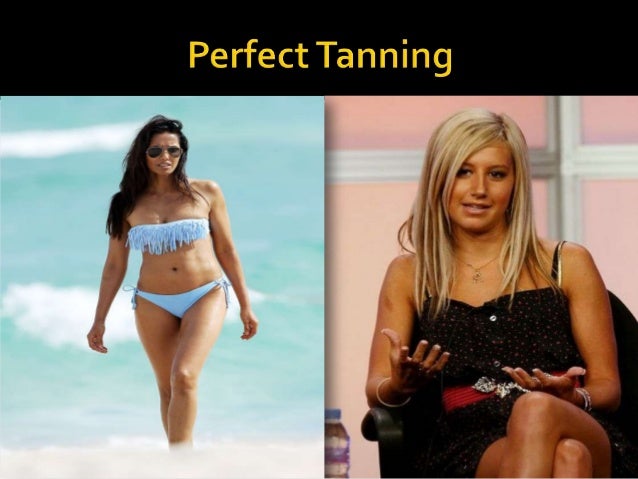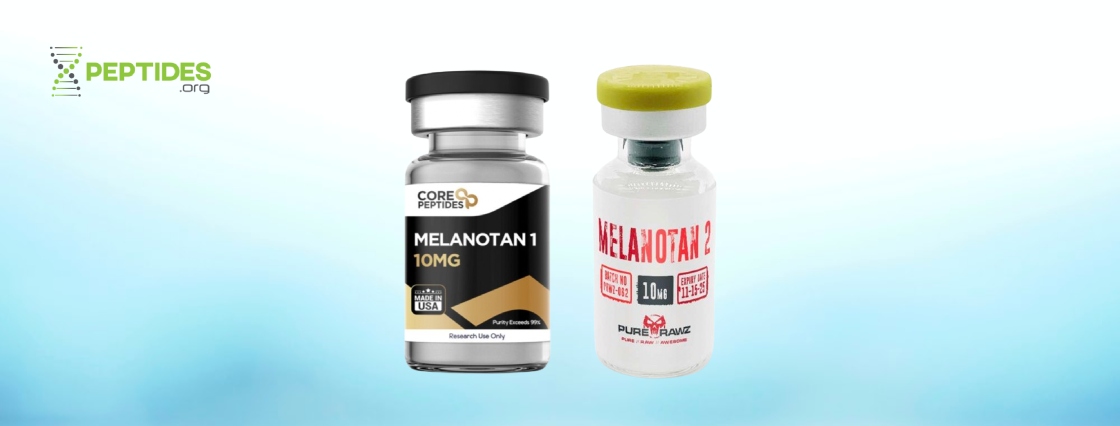
September 3, 2024
Arising Hazard: Melanotan, Repackaging, And On The Internet Sales
Claim No To Nasal Tanning Sprays Otherwise called melanotan, the "Barbie" peptide has actually attracted quite a bit of debate considering that its beginning. It was initially produced in the 1990s to deal with rare genetic conditions and skin problem yet, similar to many medicines, has actually expanded in appeal for its myriad of off-label uses. To begin, it's not authorized by the FDA and unlawful to make use of over the counter (but much more on that particular later). There are some injectable items for Melanotan II, where you would inject the artificial hormone into a layer of fat over a specific time period, as stated by the representative. Some types can be found in a nasal spray, which is a good alternative for individuals who are afraid needles.Melatonin Overdose
- When exposed to sunlight, our skin creates melanin as a safety shield.
- As of now, there is minimal research on the effects of Melanotan II during pregnancy or breastfeeding.
- The searchings for of a 2014 research study suggested that melatonin could slightly boost the symptoms of ringing in the ears.
Uses & Efficiency?
The Fda approves medications after rigorous study and screening. " The absence of FDA approval suggests that there is no regulation to the drug's materials or application," Dr. Paulvin claims. As Dr. Sarbaziha states, this "includes another layer of risks to the medication." If you consider Melanotan II as a therapy option, you should understand that there are a number of benefits you can obtain from using this supplement. This section will take a better look at a number of the most substantial benefits of making use of Melanotan II.I Injected Myself For Tanned Skin & I Have So Many Regrets - Refinery29
I Injected Myself For Tanned Skin & I Have So Many Regrets.

Posted: Mon, 24 Jul 2023 07:00:00 GMT [source]
Exactly How To Reduce Weight Without Counting Calories
It's important to get your dosage right, considering your skin The original source kind and the tan you're aiming for. Providing these peptides requires a subcutaneous shot, so sterility is a must. It's also worth keeping in mind that side effects such as face flushing, nausea, and increased libido can happen. And most importantly, stay on top of the most up to date research study regarding tanning peptides. Each has its unique advantages, but the most famous ones are unquestionably Melanotan I and Melanotan II. Currently, there is restricted research on the impacts of Melanotan II while pregnant or breastfeeding. It is very important to prioritize the health and safety of both the mom and the infant, and for that reason, it's best to refrain from making use of Melanotan II throughout these durations.Do nasal tanners function without sun?
Yes, nasal tanners can work without sunbeds or sunlight exposure, however their performance does vary from one person to another. The purpose of a nasal tanner is to enhance the skin''s natural reaction to UV rays, which suggests you can accomplish a tan despite having minimal sunlight direct exposure.

Social Links